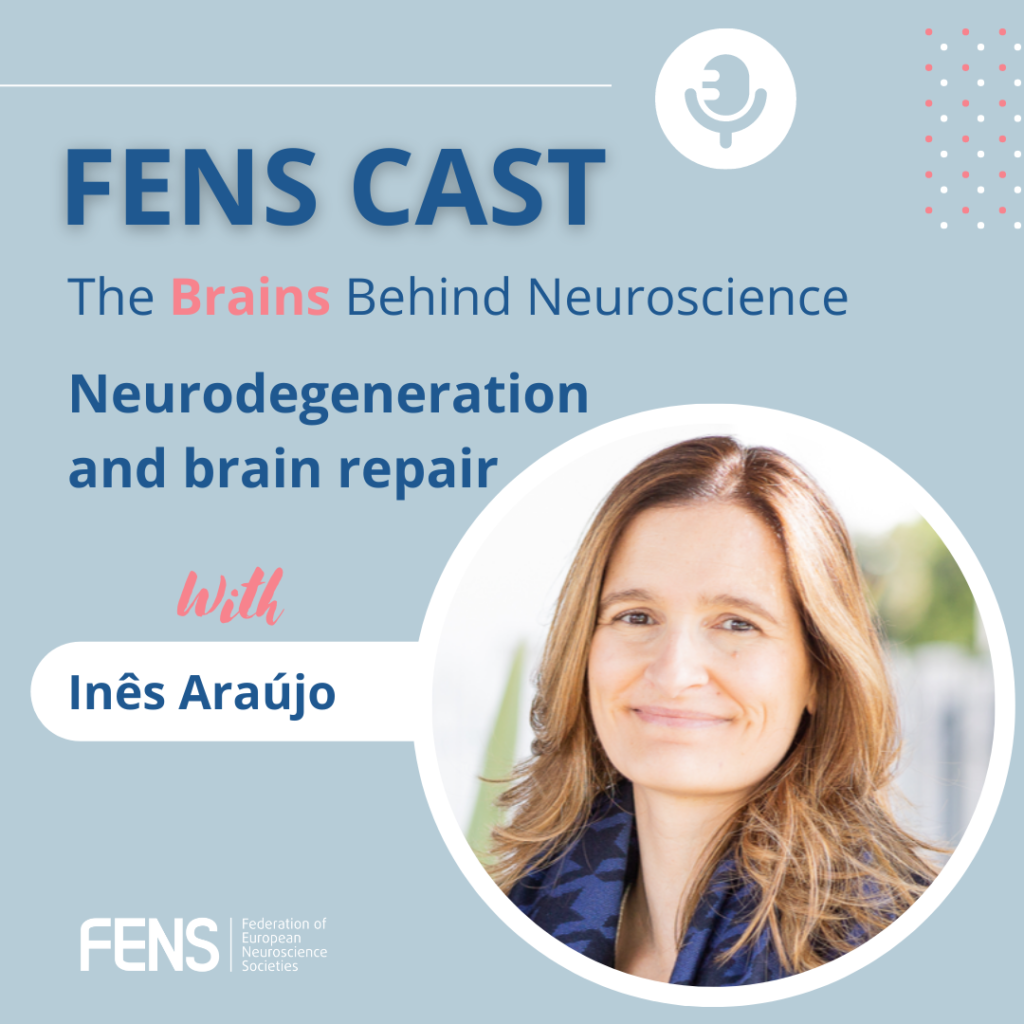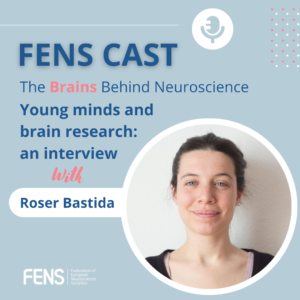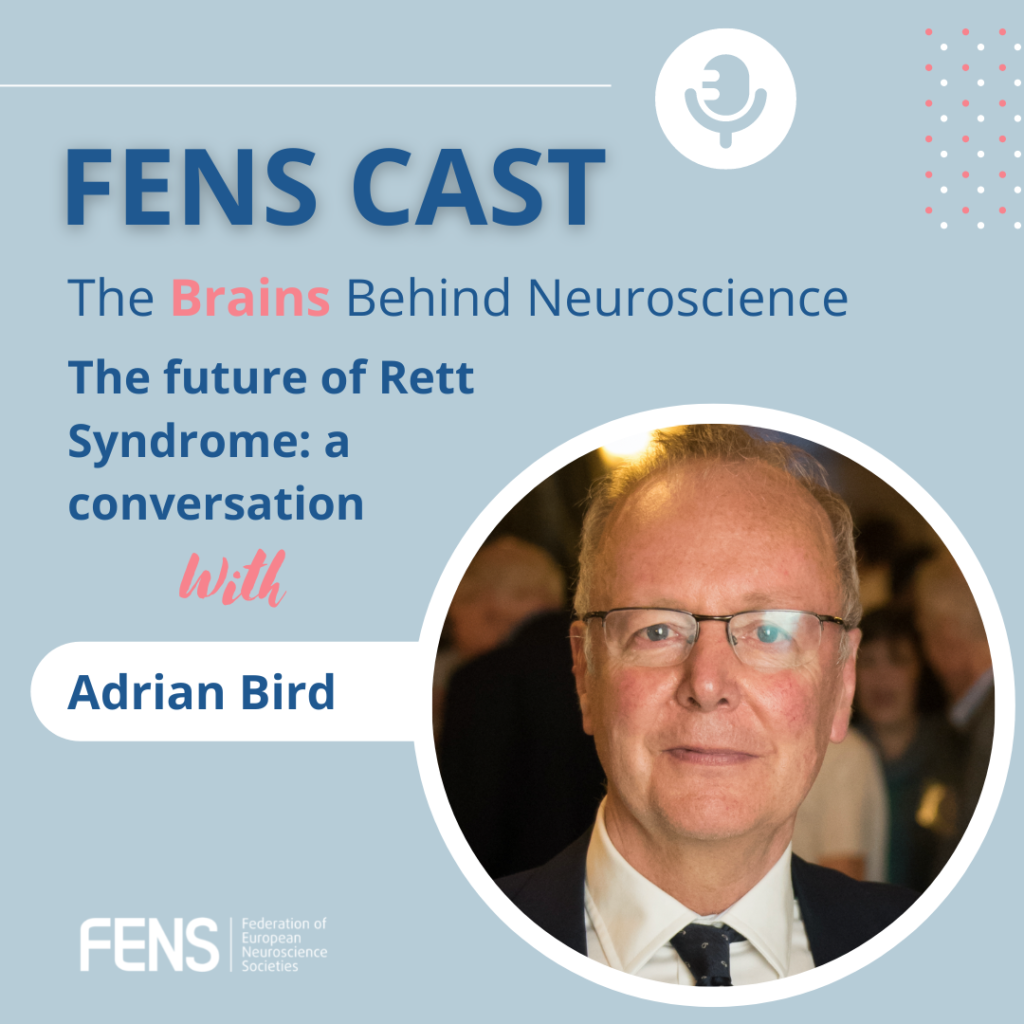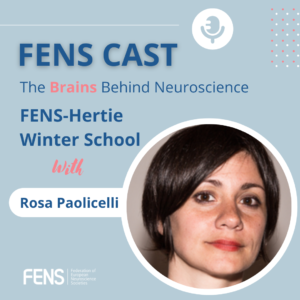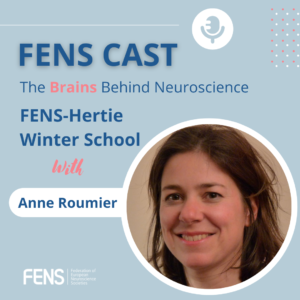Gaia Novarino
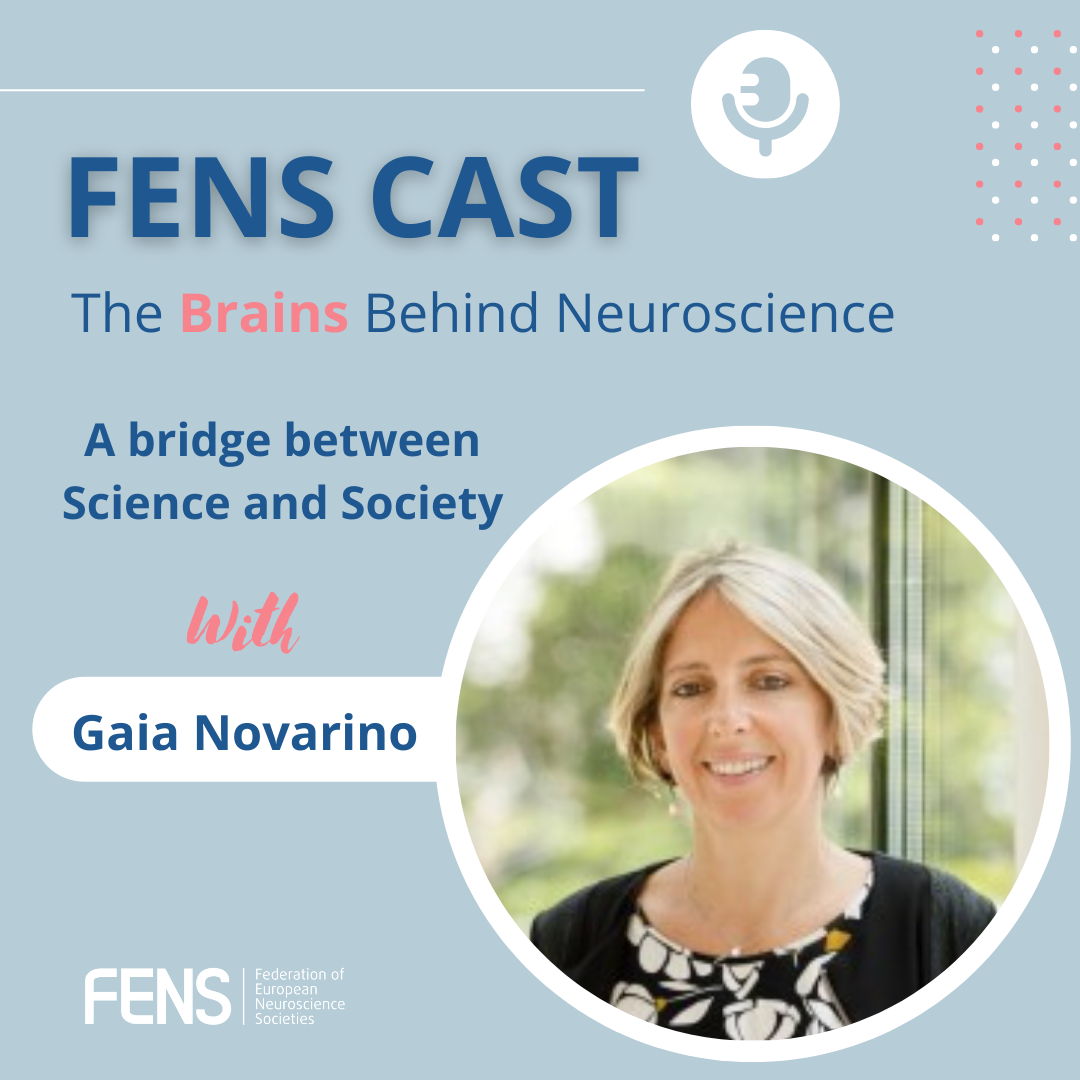
Gaia Novarino is a professor and group leader at the Institute of Science and Technology Austria. Before moving to Austria, she worked as a research fellow at the University of California, San Diego, as well as the Max Delbrück Centre for Molecular Medicine in the Helmholtz Association and the Centre for Molecular Neurobiology Hamburg.
Her research aims to study genes underlying inherited forms of neurodevelopmental disorders such as epilepsy, intellectual disability, and autism. Her group employs many different techniques, from molecular biology to behaviour, to identify common pathophysiological mechanisms underlying this group of disorders.
The Novarino group studies the function of epilepsy, intellectual disability, and autism-causing genes at the system, cellular, and molecular levels with the goal of providing a framework for the development of effective pharmacological therapies and the background for the identification of new pathological genetic variants. Their work in understanding the underlying mechanisms will moreover advance the overall understanding of the human brain.
Gaia Novarino has received numerous awards and prizes, including the Boehringer Ingelheim FENS (Federation of the European Neuroscience Societies) Research Award, the Knight Grand Cross and the Order of Merit of the Italian Republic. She has been awarded a European Research Council Starting Grant and SFARI Pilot and Research Awards for her pioneering work. She was selected as a FENS-Kavli Scholar in 2016.



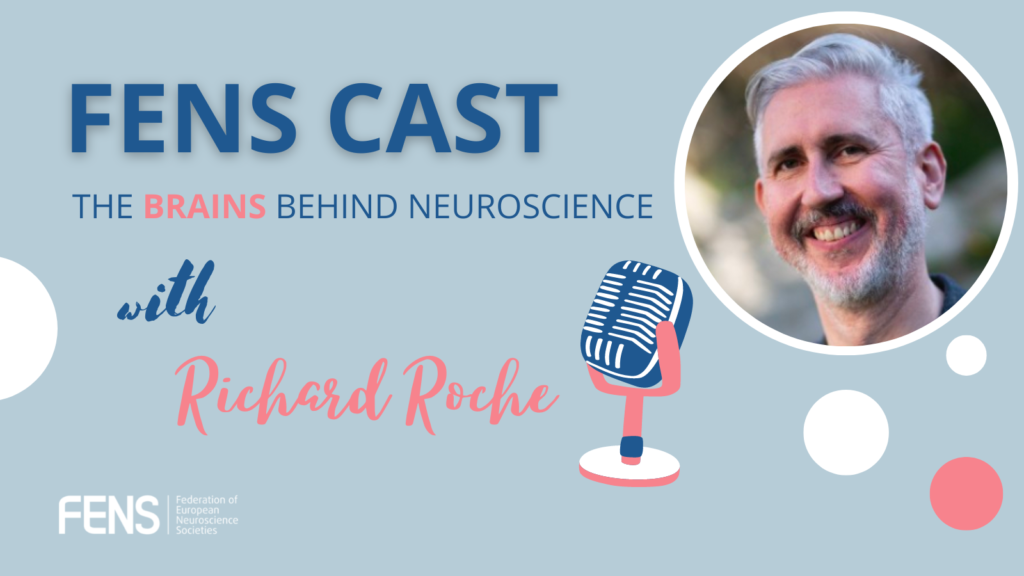 Richard Roche – Chair of the Communication Committee
Richard Roche – Chair of the Communication Committee 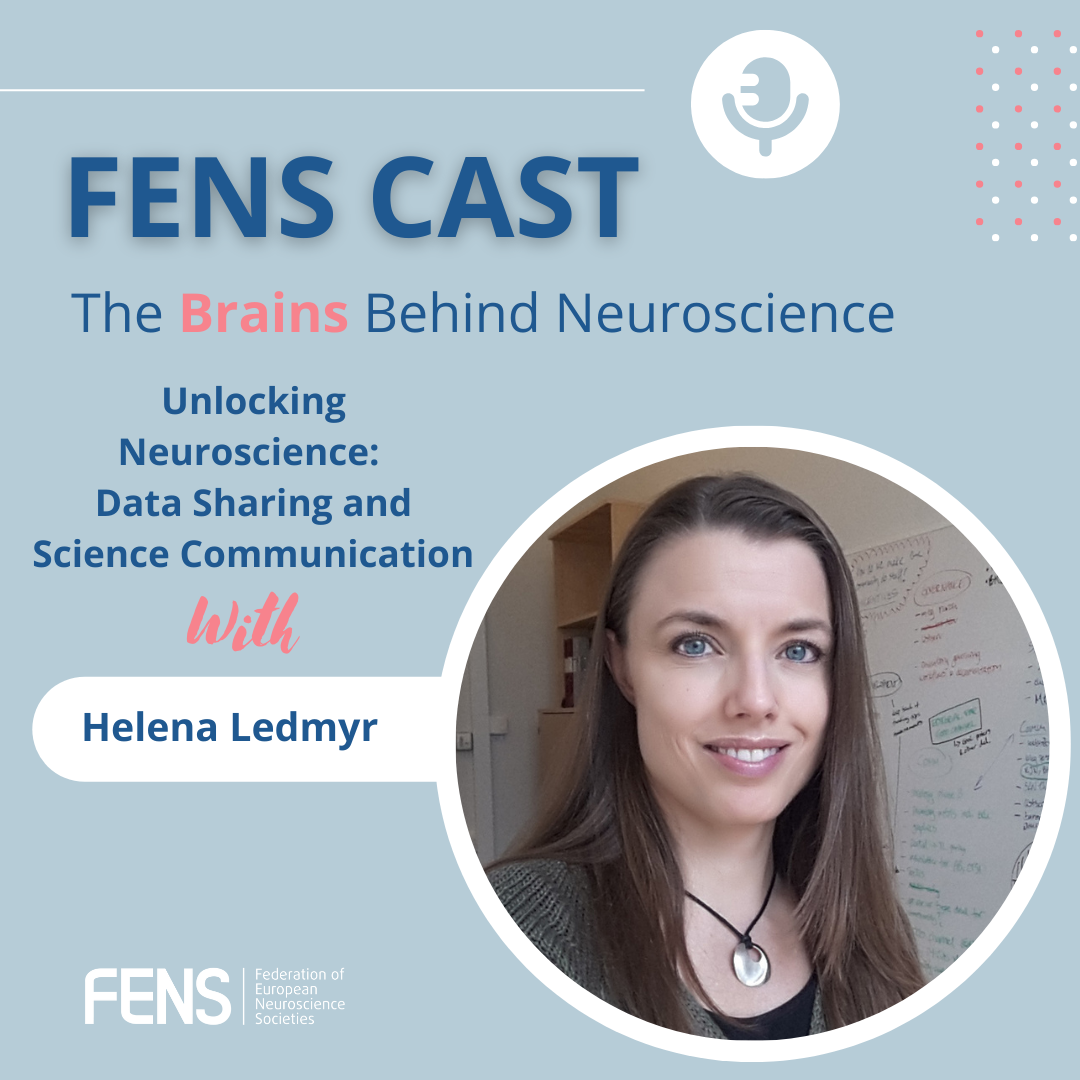
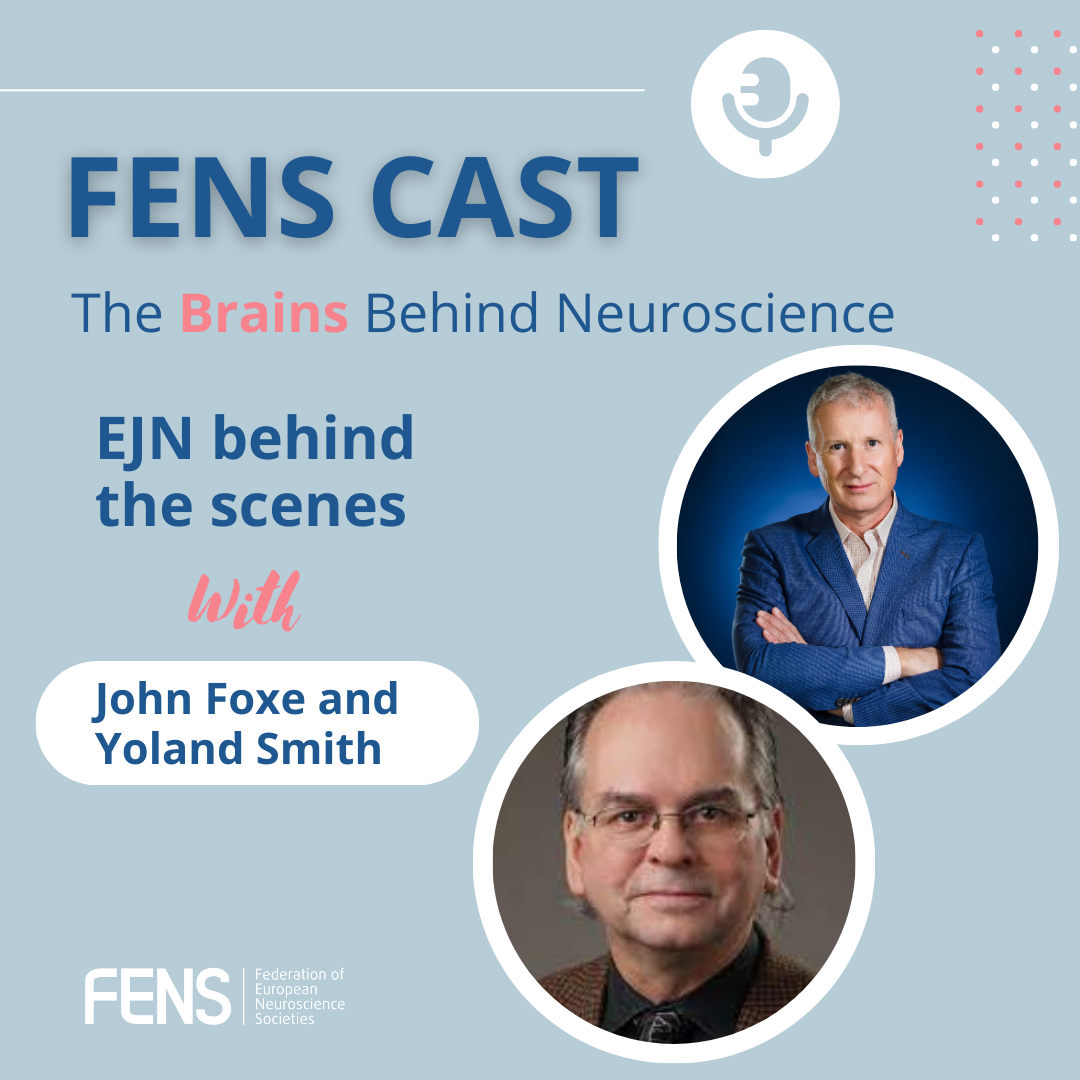
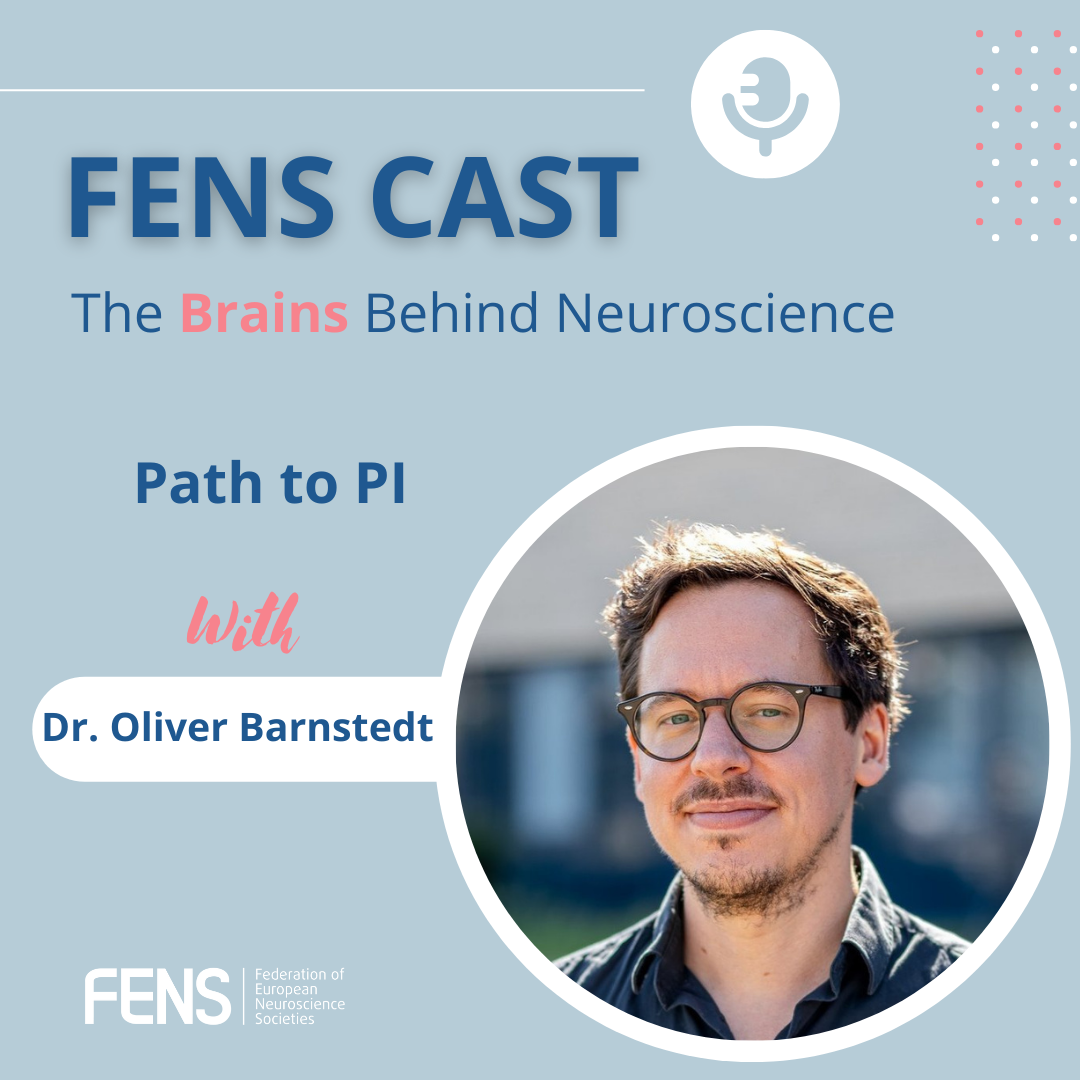

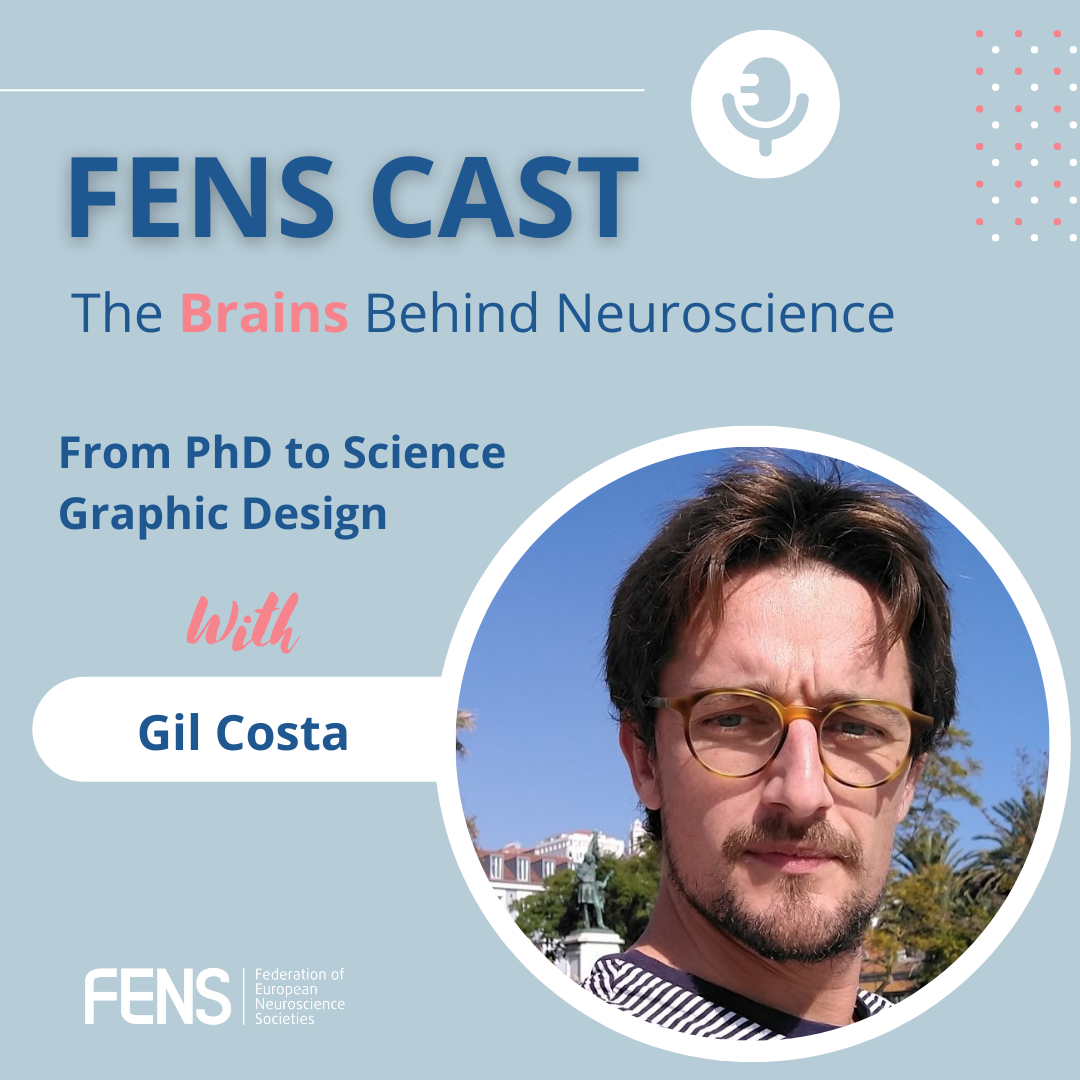
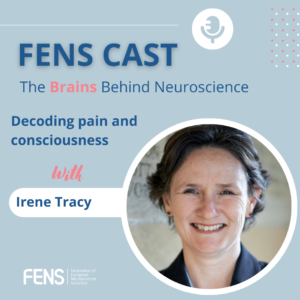
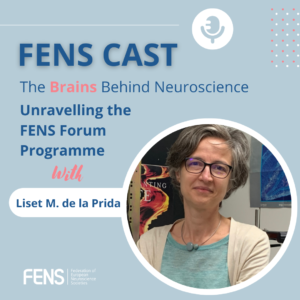
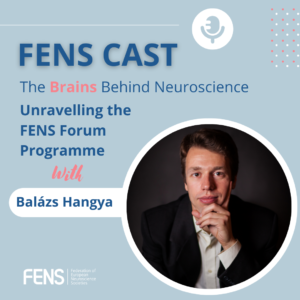
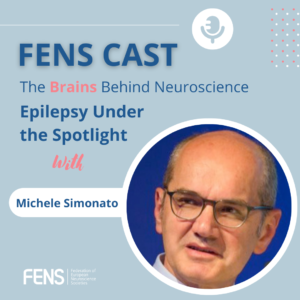
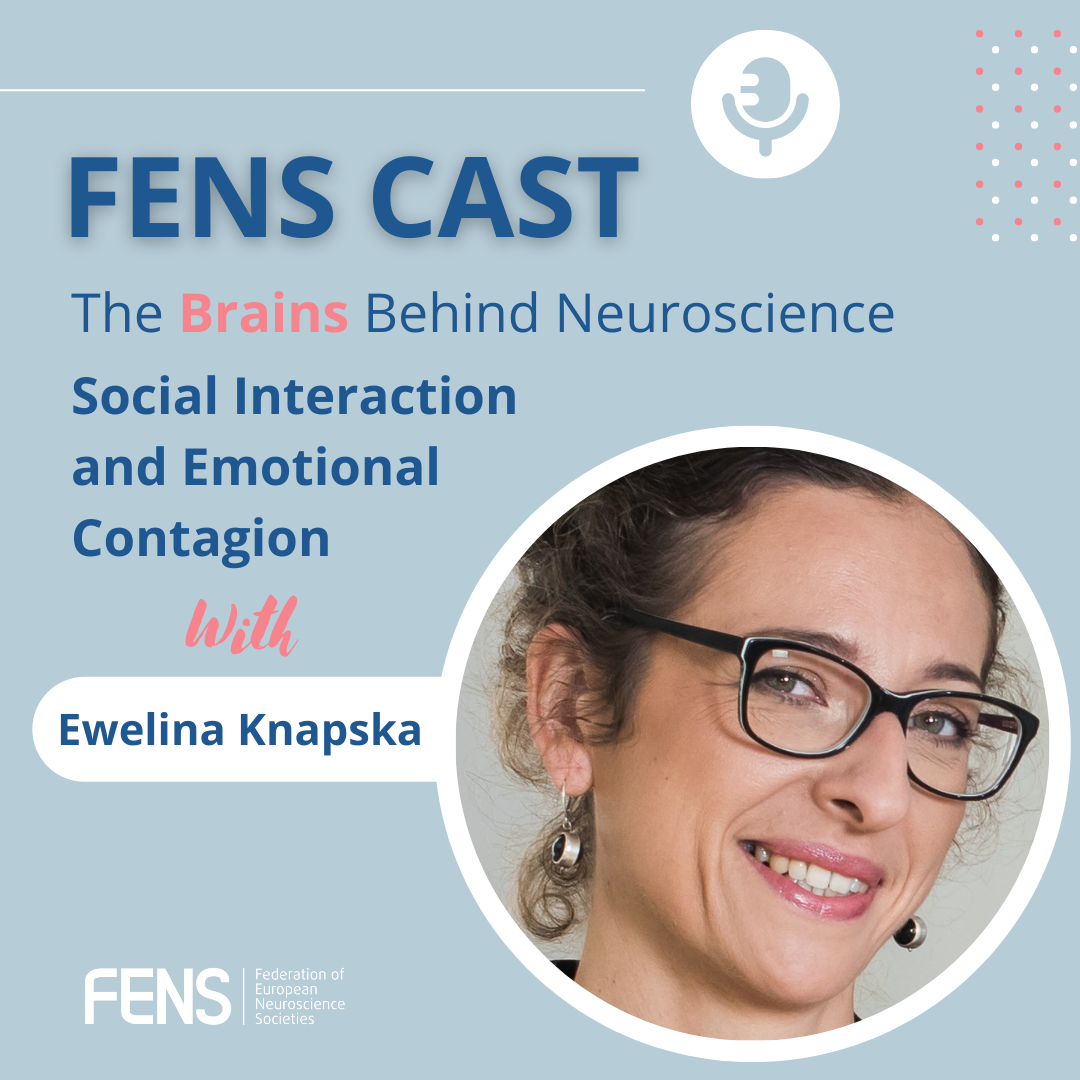 Dr Ewelina Knapska has been a group leader at the Nencki Institute in Warsaw since 2012. In 2013, she was promoted to Professor of the Institute and since 2018 she has been vice-president of the Centre of Excellence for Neural Plasticity and Brain Disorders (BRAINCITY). Her research aims to understand the neural circuit mechanisms controlling social interaction and processing of social information. She was one of the first to describe sharing others’ emotions and their brain correlates in rodents. This discovery has started a new line of research on the brain mechanisms underlying socially transferred emotions and social learning.
Dr Ewelina Knapska has been a group leader at the Nencki Institute in Warsaw since 2012. In 2013, she was promoted to Professor of the Institute and since 2018 she has been vice-president of the Centre of Excellence for Neural Plasticity and Brain Disorders (BRAINCITY). Her research aims to understand the neural circuit mechanisms controlling social interaction and processing of social information. She was one of the first to describe sharing others’ emotions and their brain correlates in rodents. This discovery has started a new line of research on the brain mechanisms underlying socially transferred emotions and social learning.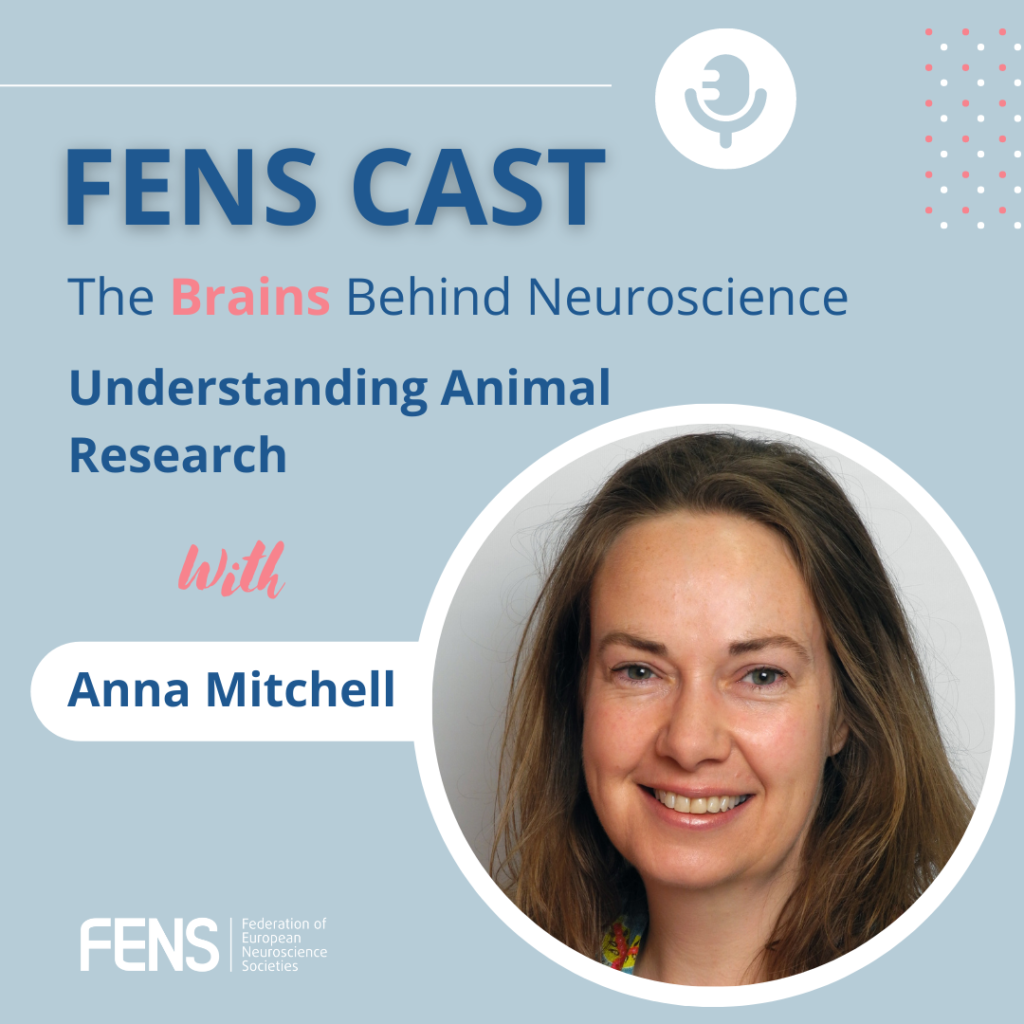 Anna Mitchell is an Associate Professor in Behavioural Neuroscience at the University of Canterbury, New Zealand. Before moving back to New Zealand in 2022, she was an Associate Professor, Wellcome Trust Senior Research Fellow, and Head of the Thalamus, Cortex, and Cognition Laboratory in the Department of Experimental Psychology at Oxford University, UK. Anna and her team investigate contributions of the dorsal thalamus and interconnected structures in health and diseases using animal models and humans, focusing on the neurobiology of learning and decision-making. Anna has been a board member of Understanding Animal Research in the UK and on the Federation of European Neuroscience Societies Committee for Animals in Research (CARE).
Anna Mitchell is an Associate Professor in Behavioural Neuroscience at the University of Canterbury, New Zealand. Before moving back to New Zealand in 2022, she was an Associate Professor, Wellcome Trust Senior Research Fellow, and Head of the Thalamus, Cortex, and Cognition Laboratory in the Department of Experimental Psychology at Oxford University, UK. Anna and her team investigate contributions of the dorsal thalamus and interconnected structures in health and diseases using animal models and humans, focusing on the neurobiology of learning and decision-making. Anna has been a board member of Understanding Animal Research in the UK and on the Federation of European Neuroscience Societies Committee for Animals in Research (CARE).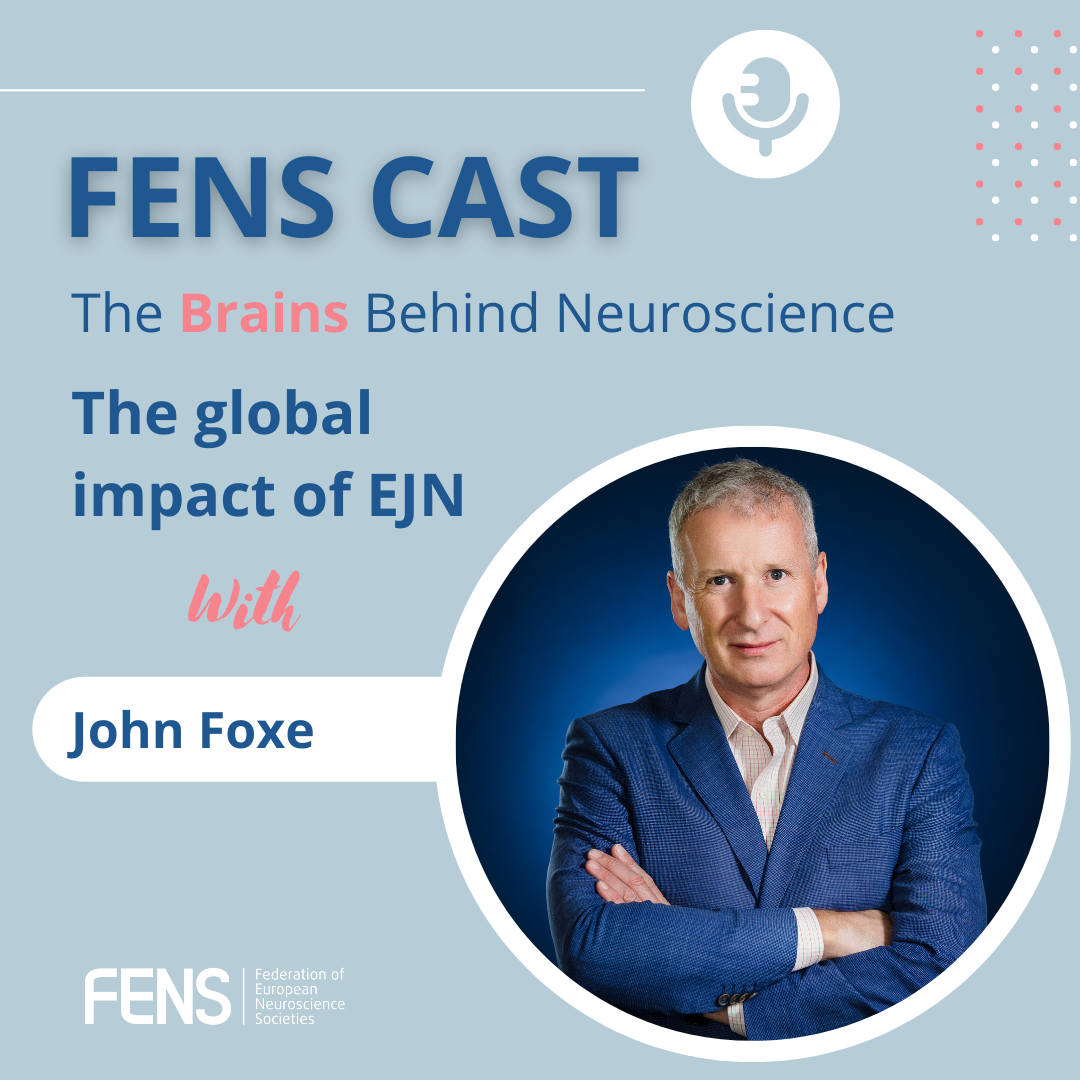
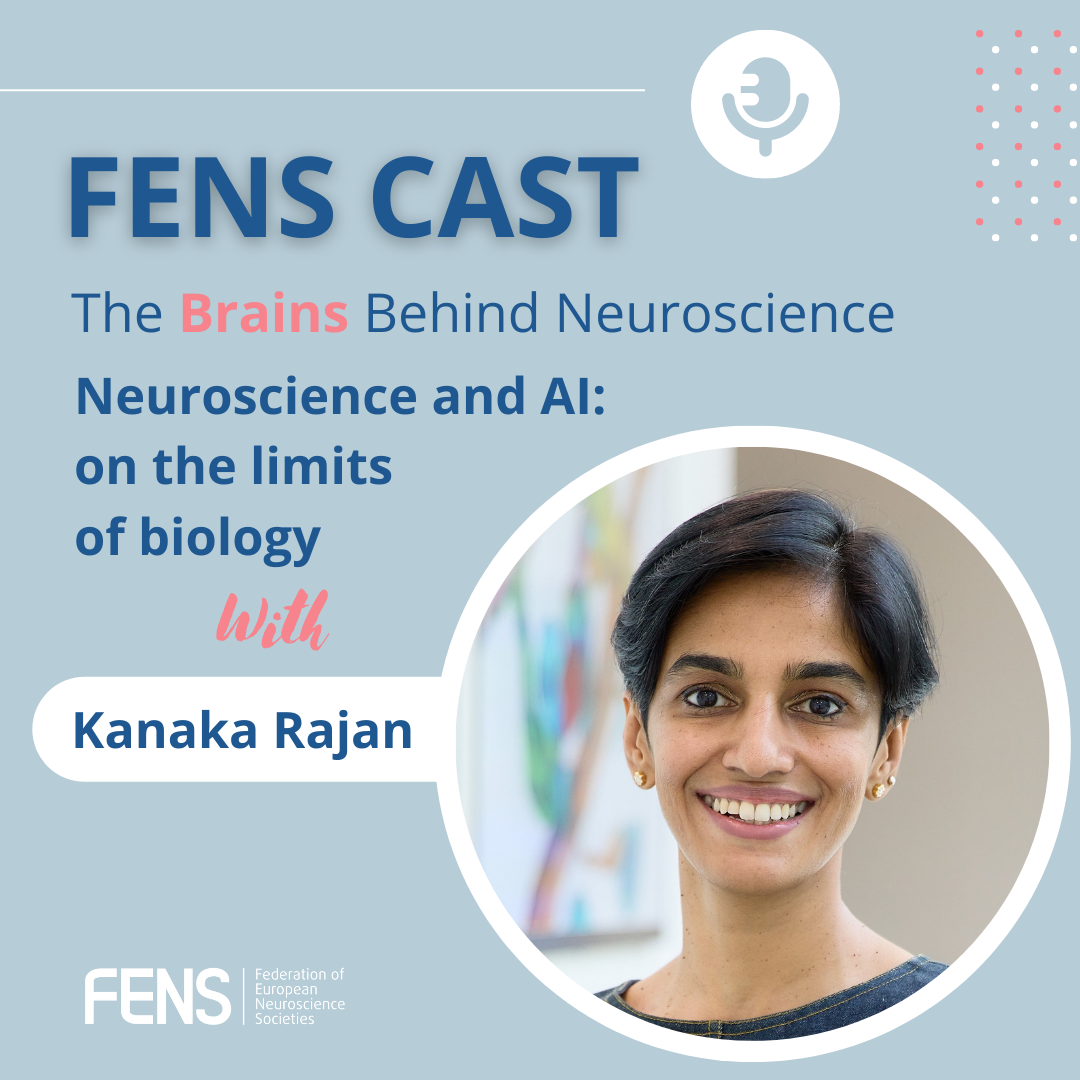
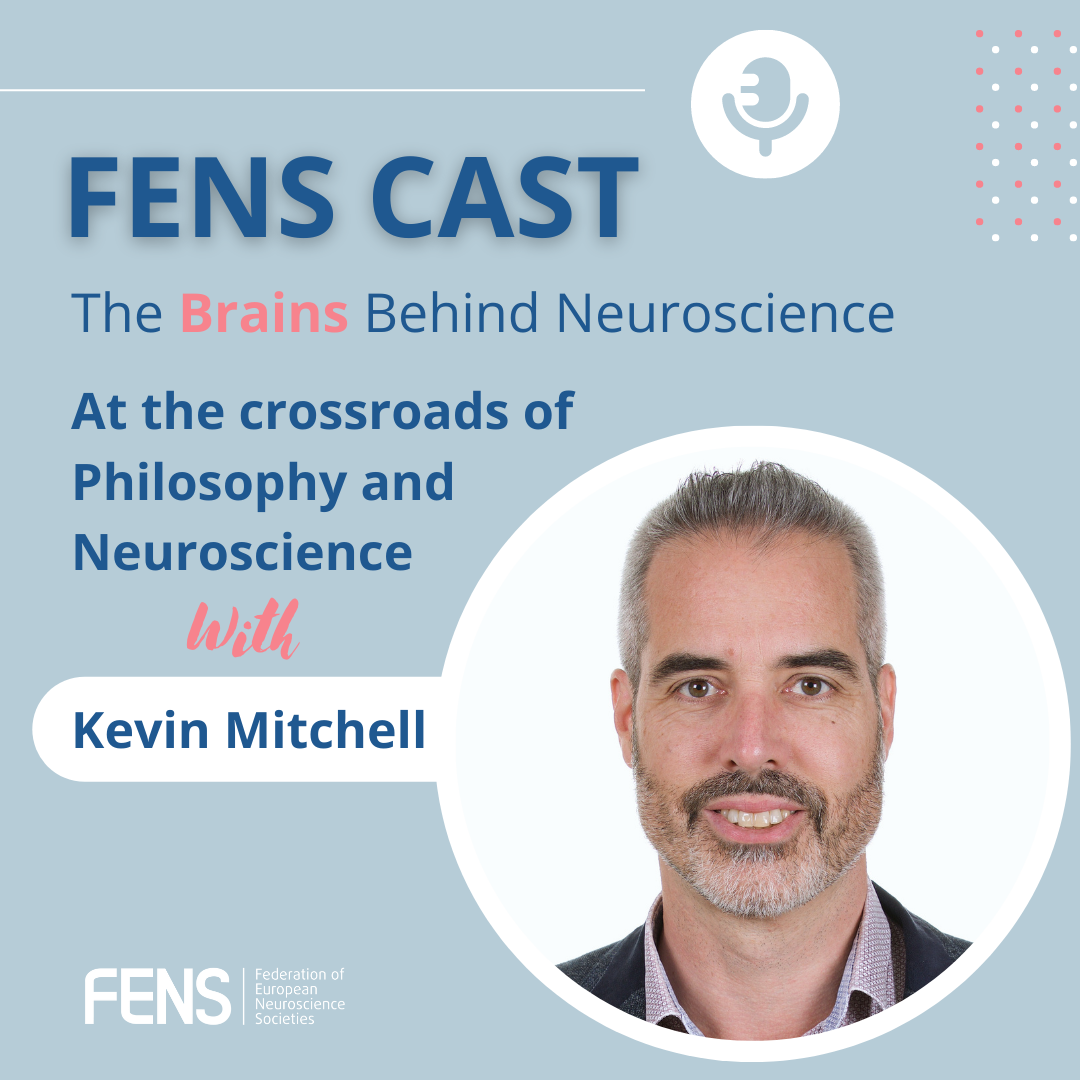 Kevin Mitchell is an Associate Professor of Genetics and Neuroscience at Trinity College Dublin. He is interested in the relations between genes, brains, and minds. He is the author of “INNATE – How the Wiring of Our Brains Shapes Who We Are” (Princeton University Press, 2018) and manages the Wiring the Brain blog (@WiringtheBrain on Twitter). His new book, “FREE AGENTS – How Evolution Created the Power to Choose”, will be published by Princeton University Press in 2023.
Kevin Mitchell is an Associate Professor of Genetics and Neuroscience at Trinity College Dublin. He is interested in the relations between genes, brains, and minds. He is the author of “INNATE – How the Wiring of Our Brains Shapes Who We Are” (Princeton University Press, 2018) and manages the Wiring the Brain blog (@WiringtheBrain on Twitter). His new book, “FREE AGENTS – How Evolution Created the Power to Choose”, will be published by Princeton University Press in 2023.